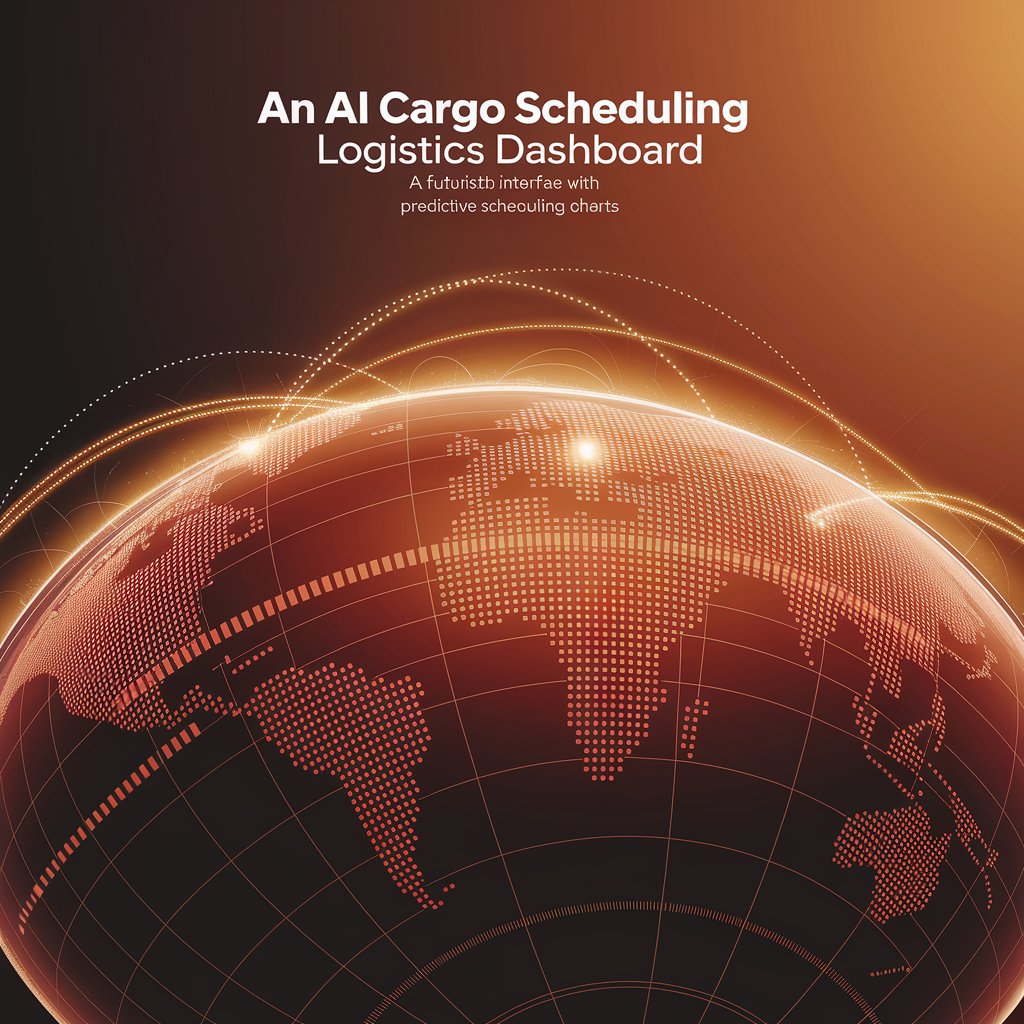AI Cargo Scheduling: Smarter, Faster, and More Reliable Logistics

Introduction
This is where AI cargo scheduling is transforming logistics. By combining artificial intelligence, predictive analytics, and real-time data, logistics providers can optimize schedules, improve resource utilization, and adapt instantly to disruptions.
What Is AI Cargo Scheduling?
AI cargo scheduling is the use of artificial intelligence algorithms to plan, optimize, and adjust cargo movements across transport modes. Unlike manual scheduling, AI systems continuously process real-time data, historical performance, and external conditions (such as weather, port congestion, and fuel prices) to create dynamic schedules that maximize efficiency.
Instead of reactive adjustments, AI enables proactive, data-driven scheduling.

Key Features of AI Cargo Scheduling
- Predictive Scheduling – Forecast cargo demand and allocate capacity in advance.
- Dynamic Rescheduling – Adjust schedules instantly when disruptions occur.
- Multi-Modal Optimization – Balance air, sea, rail, and trucking schedules for best results.
- Fleet & Resource Utilization – Maximize truckloads, vessel slots, and container usage.
- Integration with ERP, TMS, and WMS – Seamlessly connect scheduling with operations.
- Scenario Simulation – Test multiple scheduling outcomes before execution.
Benefits of AI Cargo Scheduling 📈
- Reduced Delays – AI predicts and prevents bottlenecks.
- Cost Efficiency – Lower fuel consumption and reduced idle time.
- Higher Asset Utilization – Better use of fleets, drivers, and vessels.
- Customer Satisfaction – Improved on-time performance and delivery accuracy.
- Resilience – Faster recovery from unexpected disruptions.
- Scalability – Handle complex, global scheduling at scale without adding staff.

Real-World Applications
- Air Cargo – AI balances cargo loads and schedules across aircraft fleets.
- Maritime Shipping – Predicts port congestion and adjusts vessel arrivals.
- Trucking & Fleet Management – Optimizes routes and schedules to minimize empty miles.
- E-commerce & Retail – Ensures inventory replenishment is aligned with customer demand.
- Cold Chain Logistics – Reduces delays for temperature-sensitive cargo.
Challenges
- Data Quality – Inaccurate or incomplete data limits AI accuracy.
- Integration Barriers – Legacy ERP and TMS may not support advanced AI models.
- High Implementation Costs – AI platforms require upfront investment and expertise.
- Change Resistance – Human schedulers may resist automation.
- Cybersecurity Risks – AI systems managing real-time data need strong protection.

Best Practices for Implementing AI Cargo Scheduling
- Ensure Clean Data Pipelines – Standardize cargo, fleet, and demand data.
- Start with Pilot Programs – Apply AI scheduling on select routes or modes first.
- Integrate Across Systems – Connect AI with ERP, TMS, and IoT devices.
- Train Teams – Combine AI outputs with human expertise for best results.
- Leverage Predictive Analytics – Anticipate disruptions like weather or strikes.
- Measure KPIs – Track savings in cost, time, and on-time delivery rates.
Future of AI Cargo Scheduling 🚀
The future of AI cargo scheduling will be shaped by:
- Autonomous Scheduling Systems – Fully automated cargo planning with minimal human input.
- Digital Twins – Virtual supply chain replicas testing schedules in real time.
- Blockchain Integration – Secure and transparent cargo scheduling across stakeholders.
- Edge AI – Faster decision-making processed directly at ports, warehouses, and fleets.
- Sustainability Scheduling – AI balancing cost with emissions reductions.
Conclusion
AI cargo scheduling is redefining how logistics companies plan and manage shipments. By automating scheduling with predictive intelligence, businesses can reduce costs, improve delivery reliability, and build more resilient operations.
For carriers, shippers, and forwarders, adopting AI cargo scheduling is no longer a competitive advantage—it’s a necessity for thriving in global logistics.
